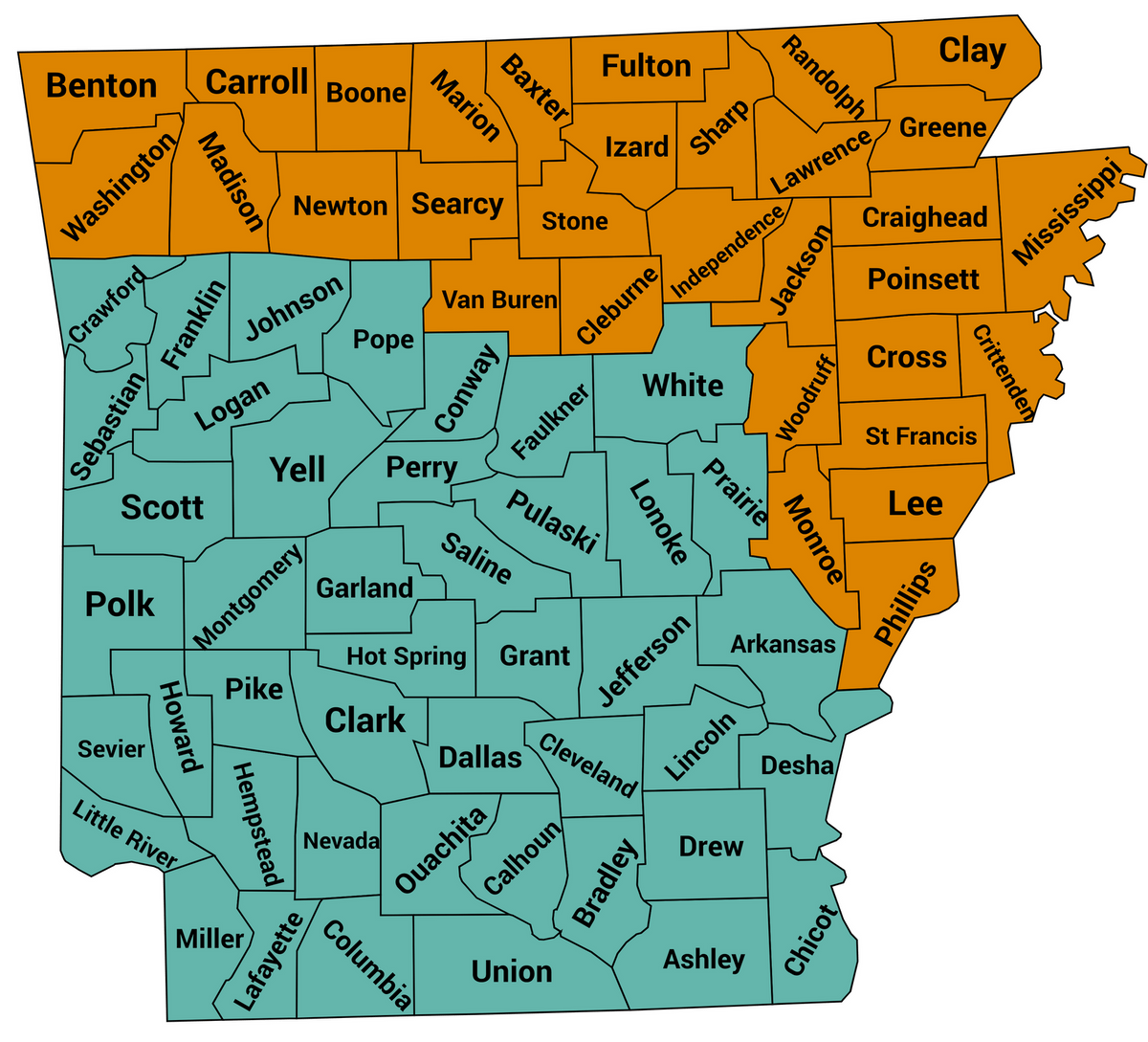
- …
- …
Eligibility Requirements
Beyond Opioids is committed to meeting the civil legal needs of our clients to ensure successful prevention, treatment, and recovery from SUD. We strive to expand and grow our project to be responsive for those needs by diligently pursuing funding opportunities. In the interim, we strategically focus our limited resources to serve those at the highest risk of acquiring SUD, families with the least sources to address active SUD in the household, and those whose successful treatment and recovery is jeopardized because of civil legal barriers.
Our limited resources means establishing a financial eligibility threshold, providing different levels of service, and identifying priority areas.
Who Qualifies:
- A person in active use, treatment, or recovery.
- Minors whose parents are in active use, treatment, or recovery.
- People filling familial roles for minors whose parents are in active use treatment, or recovery.
- Individuals who have or are actively harmed by a person at any stage of SUD.

Service Area
Together, Legal Aid of Arkansas and the Center for Arkansas Legal Services serve all 75 counties in Arkansas.
Legal Aid of Arkansas
Center for Arkansas Legal Services
What Beyond Opioids Cannot Help With:
Legal Aid of Arkansas and the Center for Arkansas Legal Services cannot help with criminal problems, including traffic tickets. If you are unsure, call us.
Reasons a Case Might Be Rejected...
Beyond Opioids strives to help anyone impacted with substance use disorder who is facing civil legal issues. However, sometimes there are reason that we are not able to take a case. Some of those reasons are...
Applicant's income was too high
Unlike private attorneys, legal aid firms rely heavily on grants to fund their legal work. This means very limited funds to help everyone, and this is why we have the income guidelines listed above. However, Beyond Opioids is a special project that received funding that allows us to expand the income threshold from a typical legal aid firm's acceptance guidelines to help more people.
Applicant's legal issue was outside of our service area
Unfortunately, we are only able to help individuals and families whose legal issues are in the state of Arkansas. Within the state, if you live in a county that is covered by Legal Aid of Arkansas but accidentally call the Center for Legal Services, CALS will simply direct you over to Legal Aid, and vice versa.
Applicant's legal issue was outside of our case acceptance guidelines
As stated above, with such limited funding we must establish priorities that allow us to help as many people as possible. Sometimes a case will come to us that is outside of our priorities, also known as case acceptance guidelines. In those situations our attorneys can direct you to self-help resources instead.
Attorneys were at caseload capacity at the time of the referral
The state of Arkansas has one of the lowest attorney-to-client ratios in the country. This means that sometimes our attorneys will hit their case load capacity and cannot take on any more cases. The good news is that attorneys are not at capacity forever. If you are turned away due to capacity, we highly recommend calling again in a few weeks or months to see if an attorney now has the capacity to help you.
Conflict of interest
If we have ever represented someone who has adverse interest to you, we unfortunately cannot represent you due to conflict of interest. This is one of the most restrictive reasons for a case rejection because, in this instance, we cannot provide any legal advice. Our pro-bono attorneys are also not able to assist if there is a conflict of interest. The most common solution is a private attorney.
Client was not responsive
We understand that lives are stressful and individuals and families who are impacted by SUD are especially likely to need to deal with more pressing matters than talking to an attorney. We are here to help you. If you have been referred to us or have left us a message, our intake workers will try their best to get in contact with you through phone, email, or text, but will close the case if they cannot reach you. If your case is rejected for this reason, you are always welcome to call us again when you're ready to seek services.

